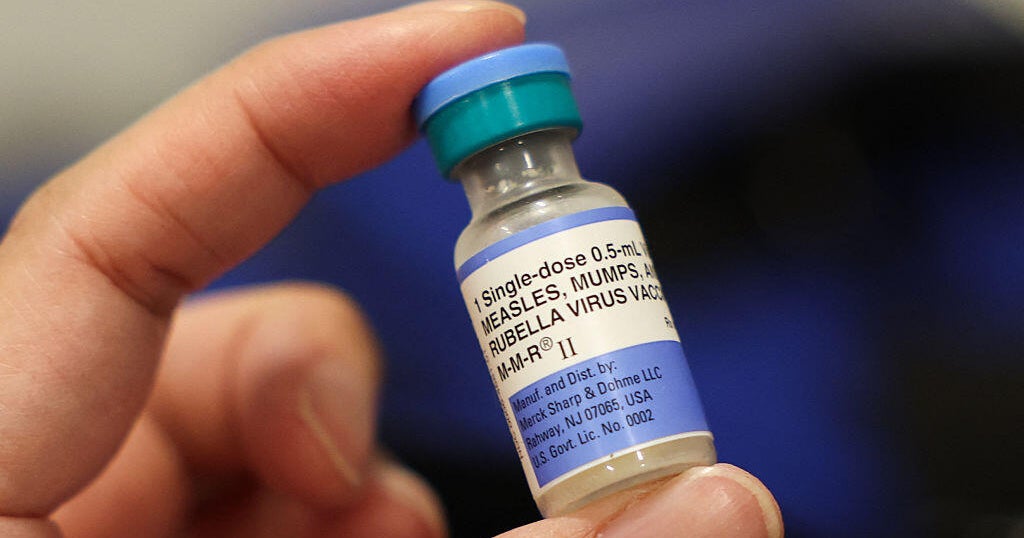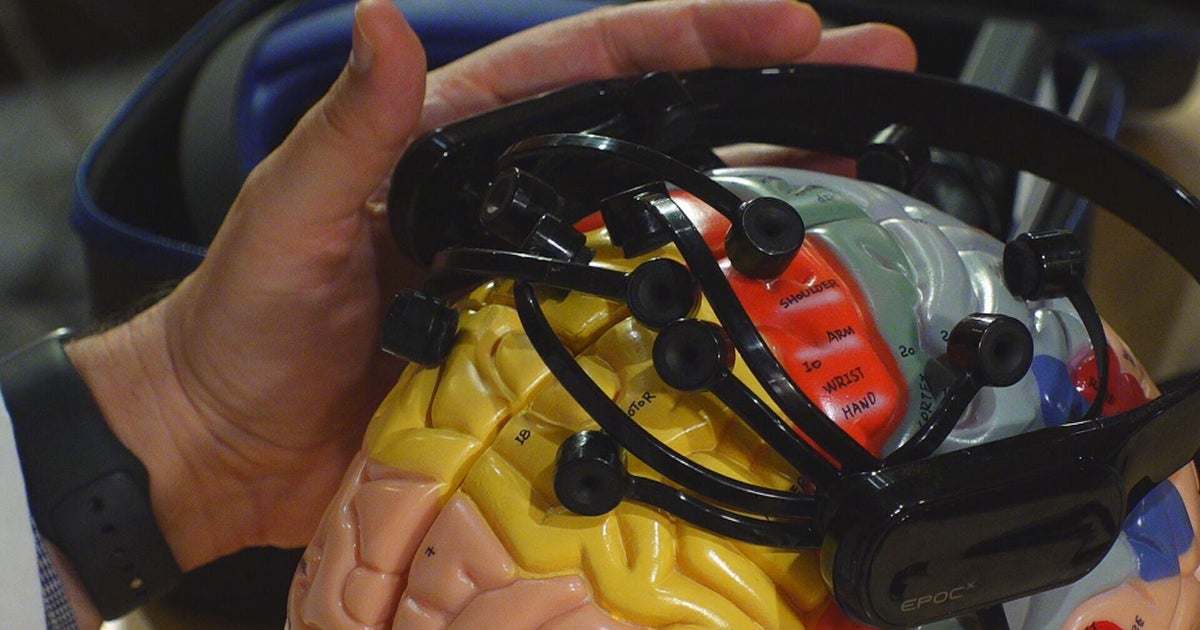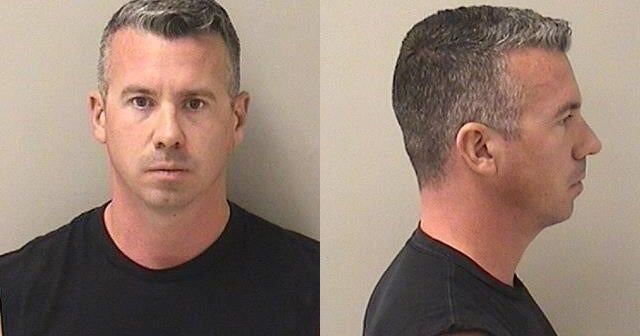Promising new long COVID-19 treatment may also be fun for patients with brain fog
PHILADELPHIA (CBS) -- COVID-19 can increase the risk for neurological conditions in the first year after infection, according to a comprehensive new study released Thursday. The complications include movement disorders, memory problems, strokes and seizures.
A promising new treatment for brain fog might even be a fun one for brain issues linked to long COVID-19. So far, it's experimental, but researchers are finding video games can help some patients focus.
Barbara Nivens is among 23 million Americans struggling with long COVID-19, where symptoms linger.
"I almost feel like long COVID has taken my life away," Nivens said, "and I want it back."
Symptoms of long COVID-19 vary but can include fatigue, heart and respiratory problems, like shortness of breath, joint and muscle pain and neurological issues -- including what's known as brain fog.
"I feel like there's a virus in my brain," Nivens said, "and it's changing things in my brain because I can't think. I can't remember."
People who are more likely to develop long COVID-19 include those who had serious infections and people with underlying health conditions.
"Often, people are complaining of memory problems," psychologist James Jackson said, "and when you dig in, you find out the deficits are inattention."
Jackson says the inability to pay attention is the underlying issue of brain fog, so he decided to test an experimental treatment.
His patients play video games.
"When we opened the door to this research, when we invited patients to participate, there was a stampede," Jackson said.
There's even a dose prescribed -- 25 minutes a day, five days a week for eight weeks.
Jackson says his long COVID-19 patients are finding it helpful.
"Is it going to translate into you being able to do your taxes? Are you going to be able to be organized? Are you going to be able to be driving?" Jackson said. "And when you stop the game, do all those benefits stop? We'll see at the end of the day if this works or not. If it does, I think it opens the door to a lot of possibilities."
So far, there are no proven treatments for brain fog caused by COVID-19. Doctors say it's an issue that's more likely to happen to people who aren't vaccinated.







